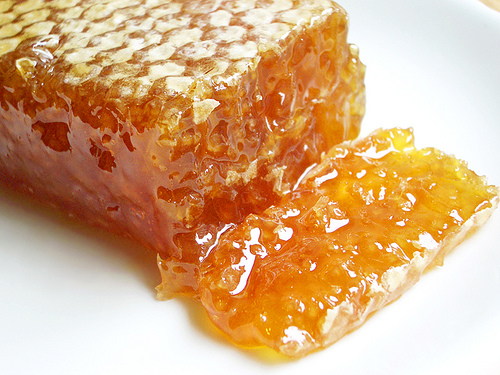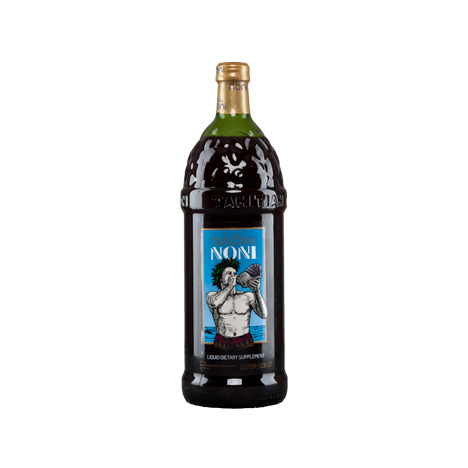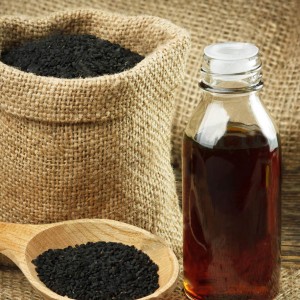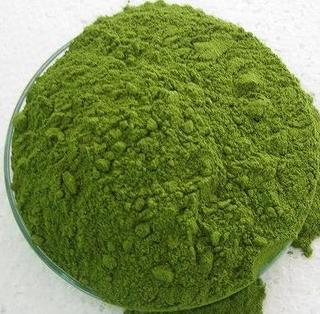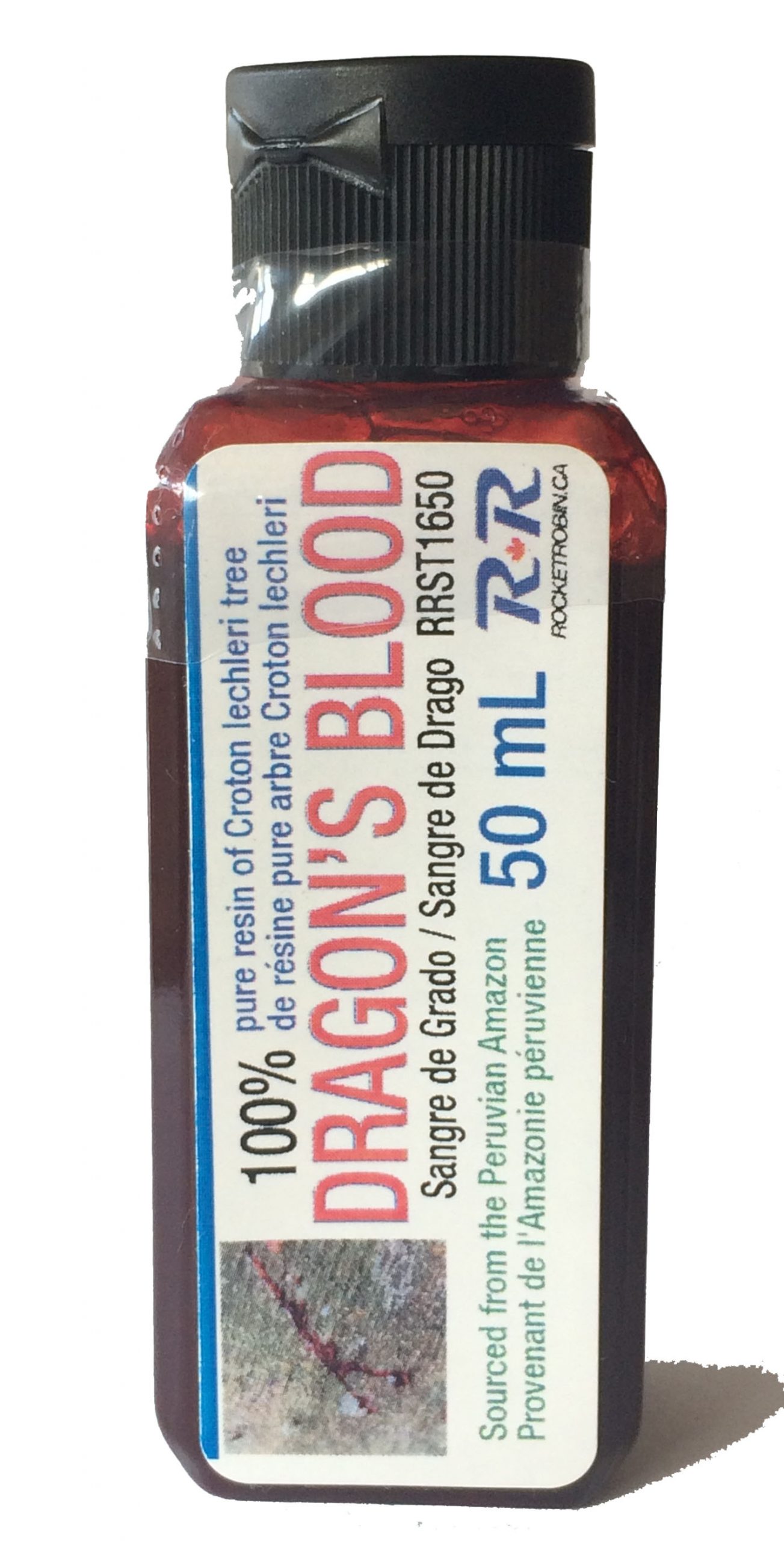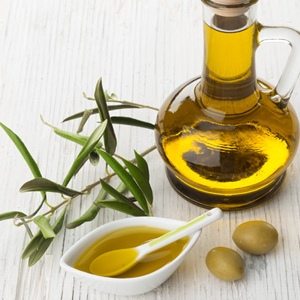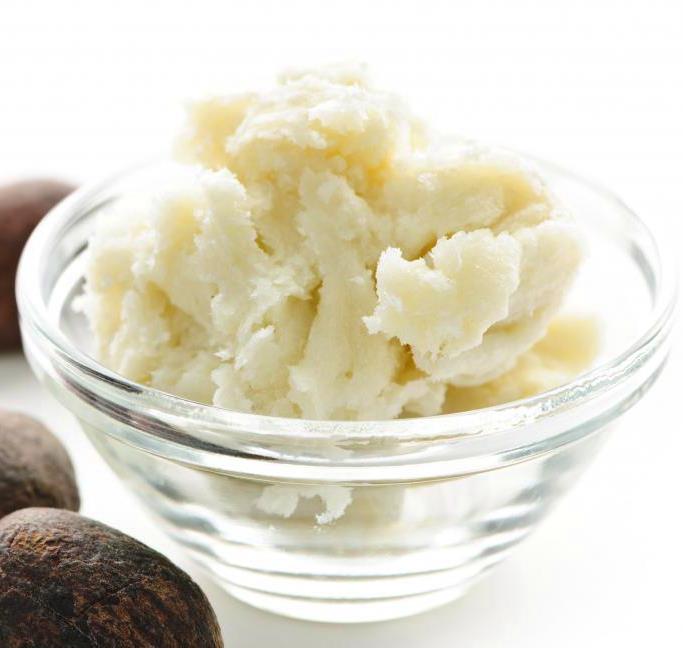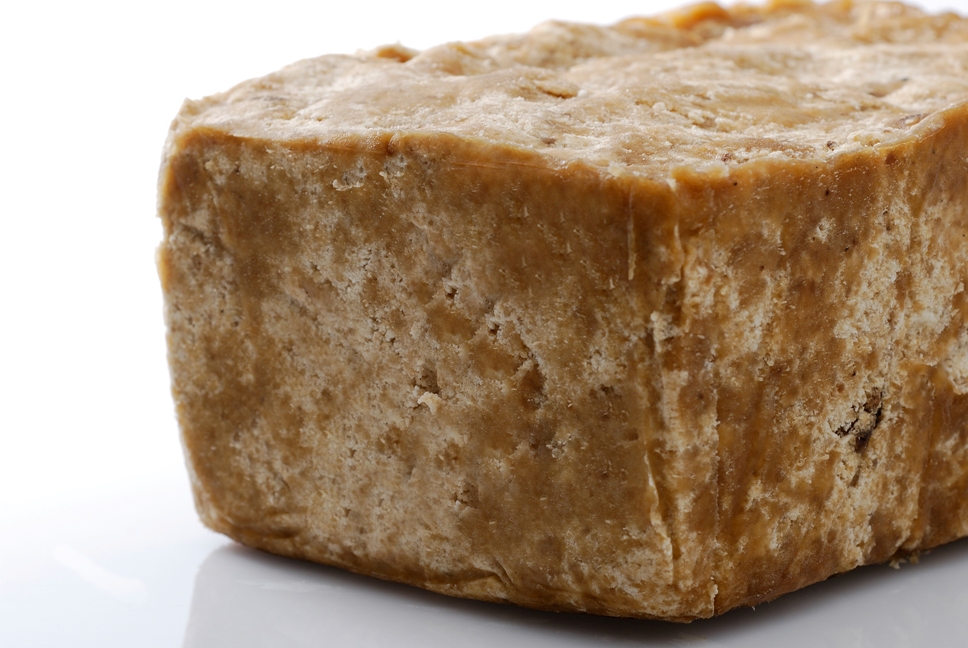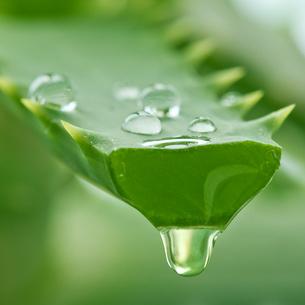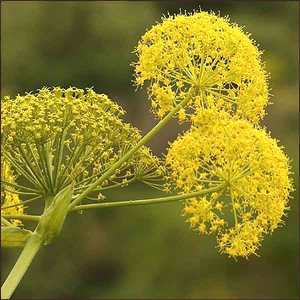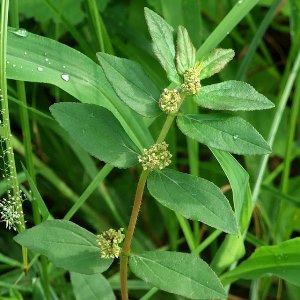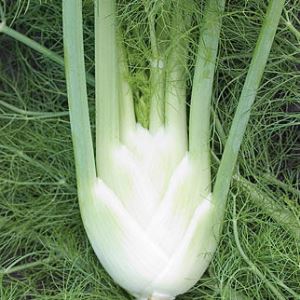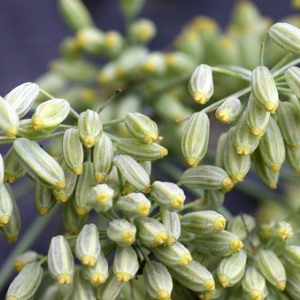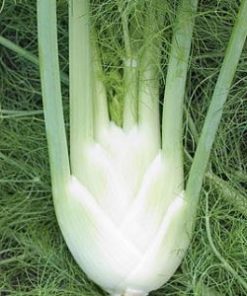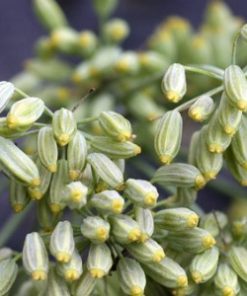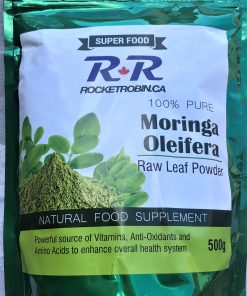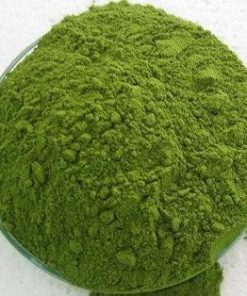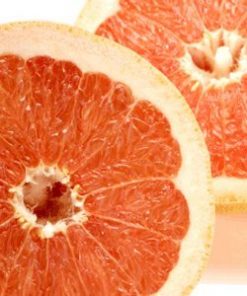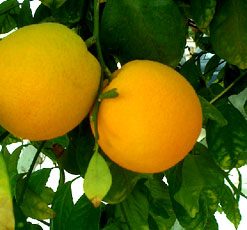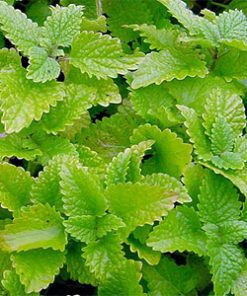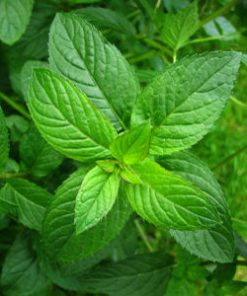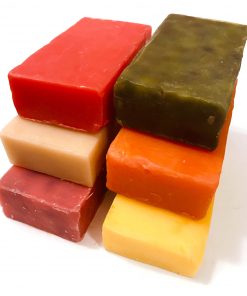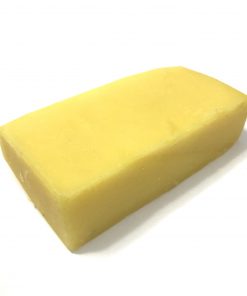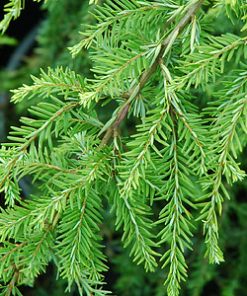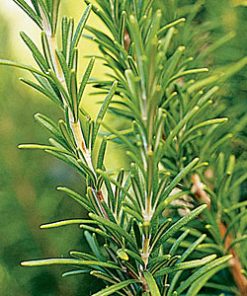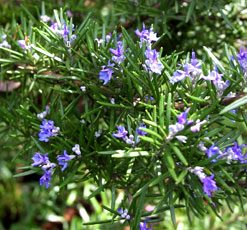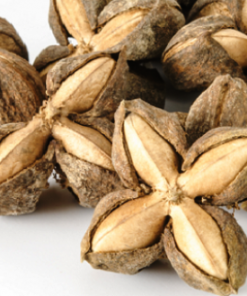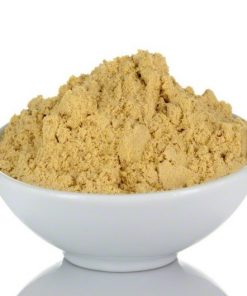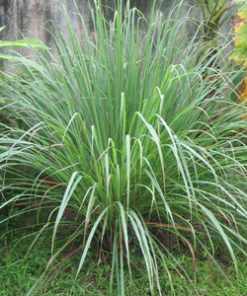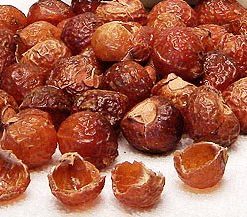Description
Essential Oil Fennel (15 mL)
Essential Oil Fennel
Essential Oil Fennel is distilled from the seeds of organic sweet fennel, this oil is fresh, clean, and slightly spicy with notes of earth and anise.
(Fennel seed essential oil) may have a positive role in supporting weight loss as both a metabolic enhancer and an appetite suppressant. Increased metabolic output burns more energy and can accelerate fat loss. Fennel has the added benefit with regard to fat reduction in that it helps “break up” fat deposits in the bloodstream to be used as energy. Using energy sources the body already has stored can reduce the cravings for food. A study conducted at the Thuringian State Institute of Agriculture in Germany, found that dieters who supplemented with fennel seed oil ate less food.
Fennel also contains melatonin.
Fennel seed is commonly used in cooking and as an alternative medicine remedy. It has a distinct flavor and, nutritionally, is a good source of potassium, magnesium, calcium and vitamins B and C. Therapeutically, one of its most common applications is to relieve gastrointestinal distress. Fennel seed has powerful antioxidant properties and fights free radicals and irritation. Fennel also has several noted traits that have lead to its distinction as a beneficial addition to weight loss efforts.
HISTORY OF USE
The history of fennel goes back to ancient times as it was easily accessible throughout the Mediterranean Basin. Roman warriors are said to have consumed fennel to make them strong. It was also thought to have the power to help people keep thin. Its Greek name marathon, which means “grow thin”, reflects the belief in its ability to suppress appetite. The town of Marathon, site of the famous battle between the Athenians and the Persians, means “place of fennel”. After the battle, the Athenians used woven fennel stalks as a symbol of victory.
In Greek mythology Prometheus, who brought fire to mankind, concealed it in a stalk of fennel. The stalk of fennel, capped with a pine cone, was used as a wand by followers of Dionysus. It was called a Thyrsus.
Pliny, a Roman writer and philosopher, said of fennel, “Fennel has a wonderful property to mundify our sight and take away the film that overcasts and dims our eyes.” The Anglo-Saxons held it sacred, and Charlemagne, the great emperor, declared in 812 AD (CE) that fennel was essential in every garden because it had healing properties. He had it grown in the imperial gardens.
In some western cultures, hung over doors or placed in key holes, fennel was thought to ward off evil spirits or ghosts. It was said to be especially effective at the summer solstice.
In England in the 1200s fennel seed was commonly used as an appetite suppressant to help people to get through fasting days. Later, they were commonly used in church during long services to keep stomachs from rumbling. The Puritans even called them “meeting seeds”.
In the late 1700s fennel became one of the ingredients (along with anise and wormwood) in a patent medicinal elixir called absinthe. This elixir was soon marketed as a spirit, and became a popular drink among the Bohemian set in post WWI Europe and the United States.
Today fennel (especially the bulb) is most popular in Europe. The seeds are commonly found in spice racks around the world. Fennel, with its interesting flavour and variety of forms, has a place in the modern kitchen, and may even exhibit some distinctive health benefits.
HEALTH BENEFITS
Like most herbs and many vegetables, fennel has strong antioxidant properties. These come from the volatile oil found in fennel, the primary ingredient of which is anethole. Anethole has been found to reduce inflammation. The volatile oil may also protect the liver.
The bulb of fennel contains much vitamin C, which is an anti-oxidant and also helps the immune system. It also contains fiber for good digestion and reduced cholesterol levels.
Fennel is also an excellent source of folic acid or folate. Folate, a B vitamin, helps to reduce chances of heart attack and stroke, and is also beneficial in brain function. It helps reduce incidents of brain and spine defects when consumed by pregnant mothers. Considered a good source of potassium, fennel can also help reduce blood pressure.
Histidine is an amino acid that is found in fennel that helps in the formation and maintenance of blood cells.
In India and many other places around the world fennel is chewed after meals as a way to freshen the breath and to improve digestion. Fennel reduces inflammation in the colon, and at the same time stimulates gastric juices to handle the food consumed. Meanwhile, the aspartic acid in fennel may reduce flatulence. Anethol and cineole, contained in fennel, have antibacterial properties that could help prevent diarrhea. These substances also are reported to be expectorants which can provide comfort to those with respiratory problems.
Historically, the ancients believed that fennel was good for the eyes. It is true that fennel contains substances that help prevent macular degeneration. Juice from fennel has even been applied externally to help reduce inflammation around the eyes.
Powdered fennel can be used to repel fleas around kennels and stables.
Caution: NEVER USE INTERNALLY without consulting professional medical help
- Not recommended for pregnant women and infants.
Individuals with serious and chronic health issues should consult an expert prior to using oils.
TRUST ROCKET ROBIN
Rocket Robin is proud to be your supplier of truly natural products with simple ingredients in support of your family’s health and well-being.
Additional information
| Weight | 0.1 kg |
|---|---|
| Dimensions | 10 × 10 × 1 cm |

